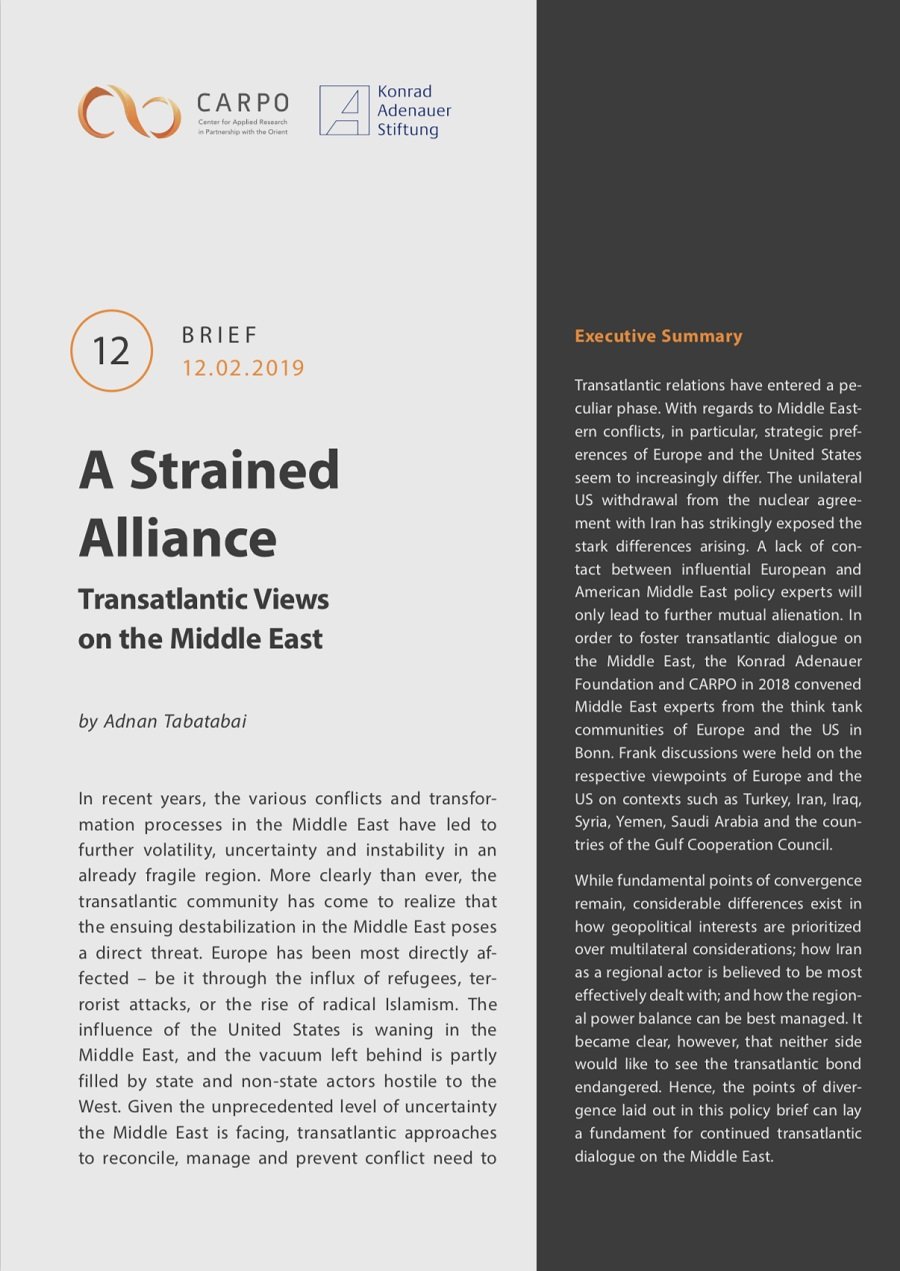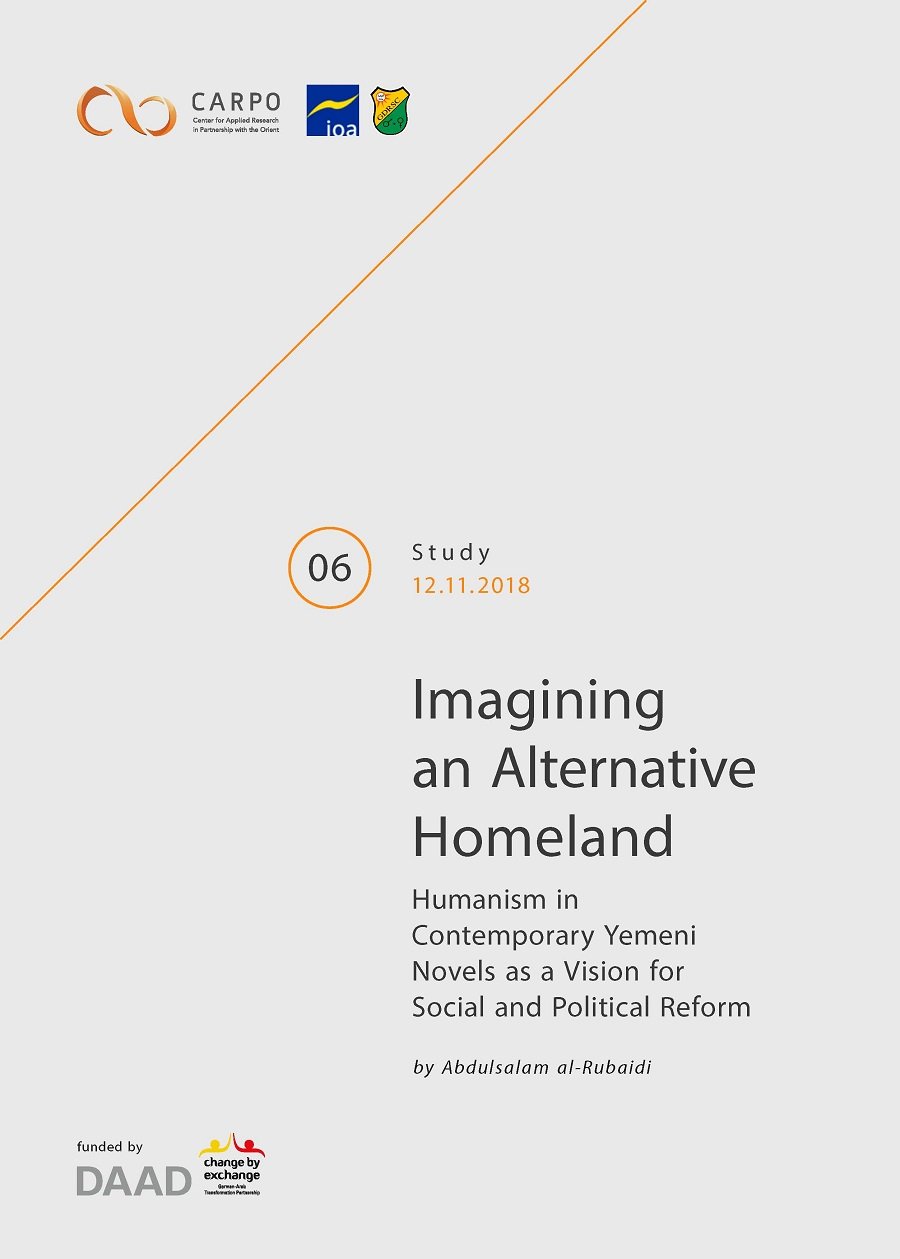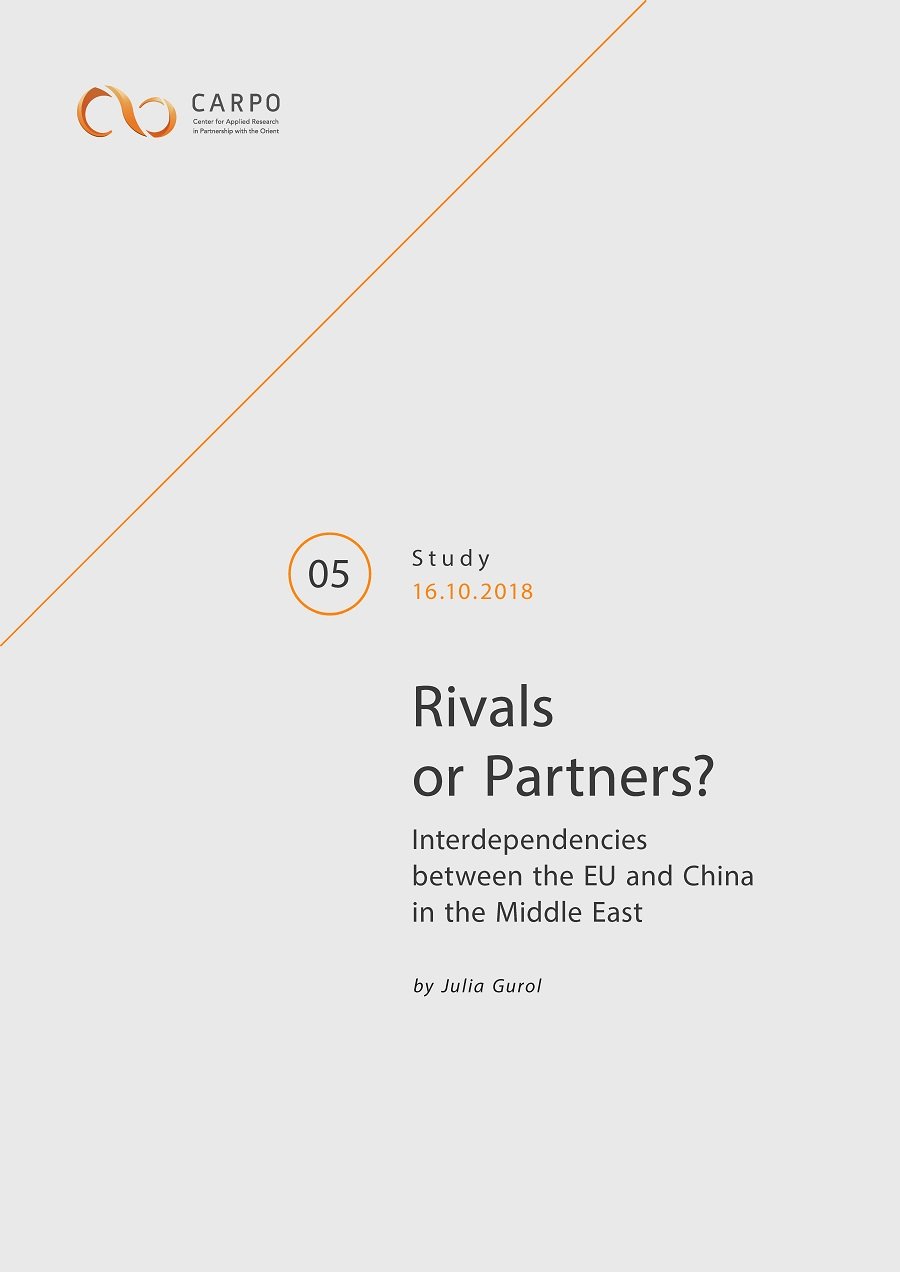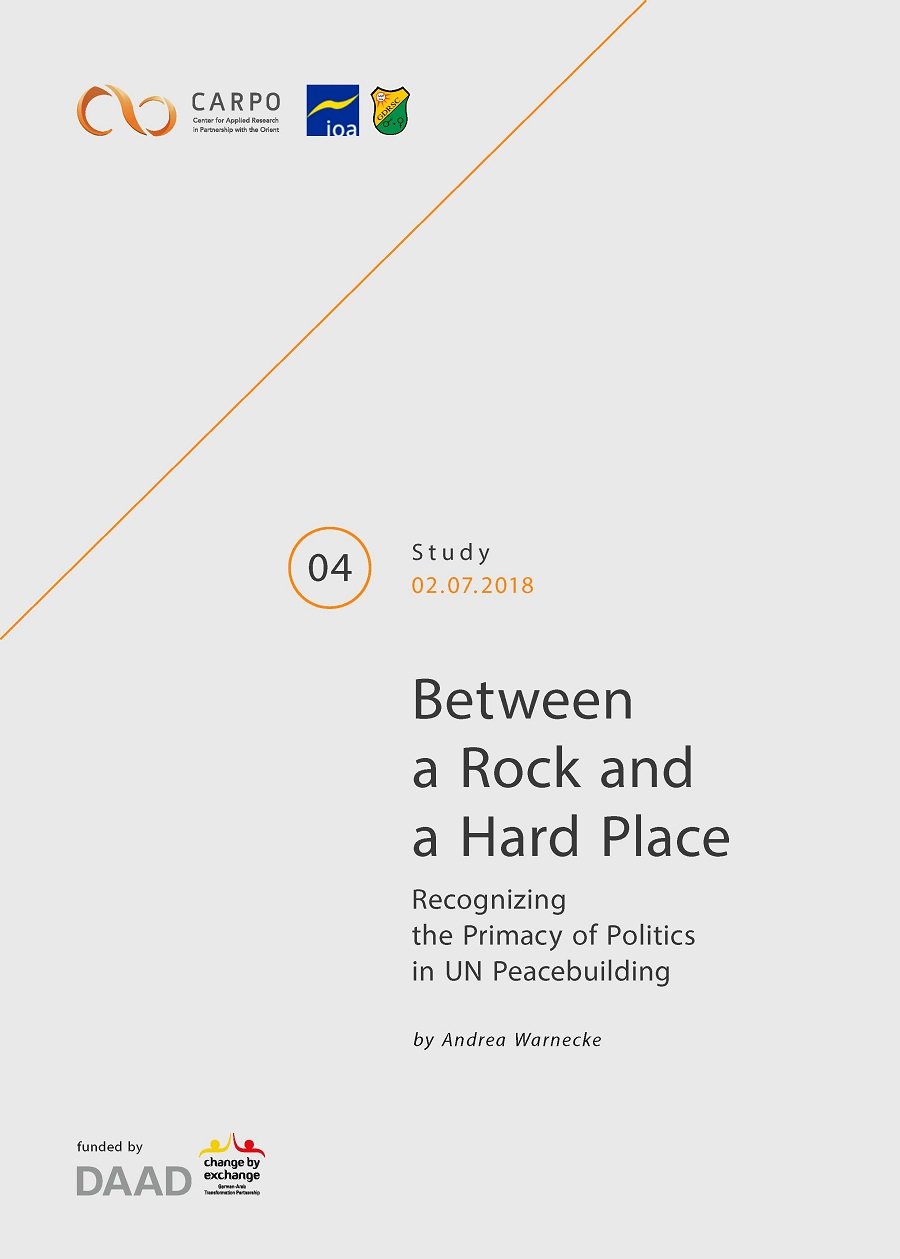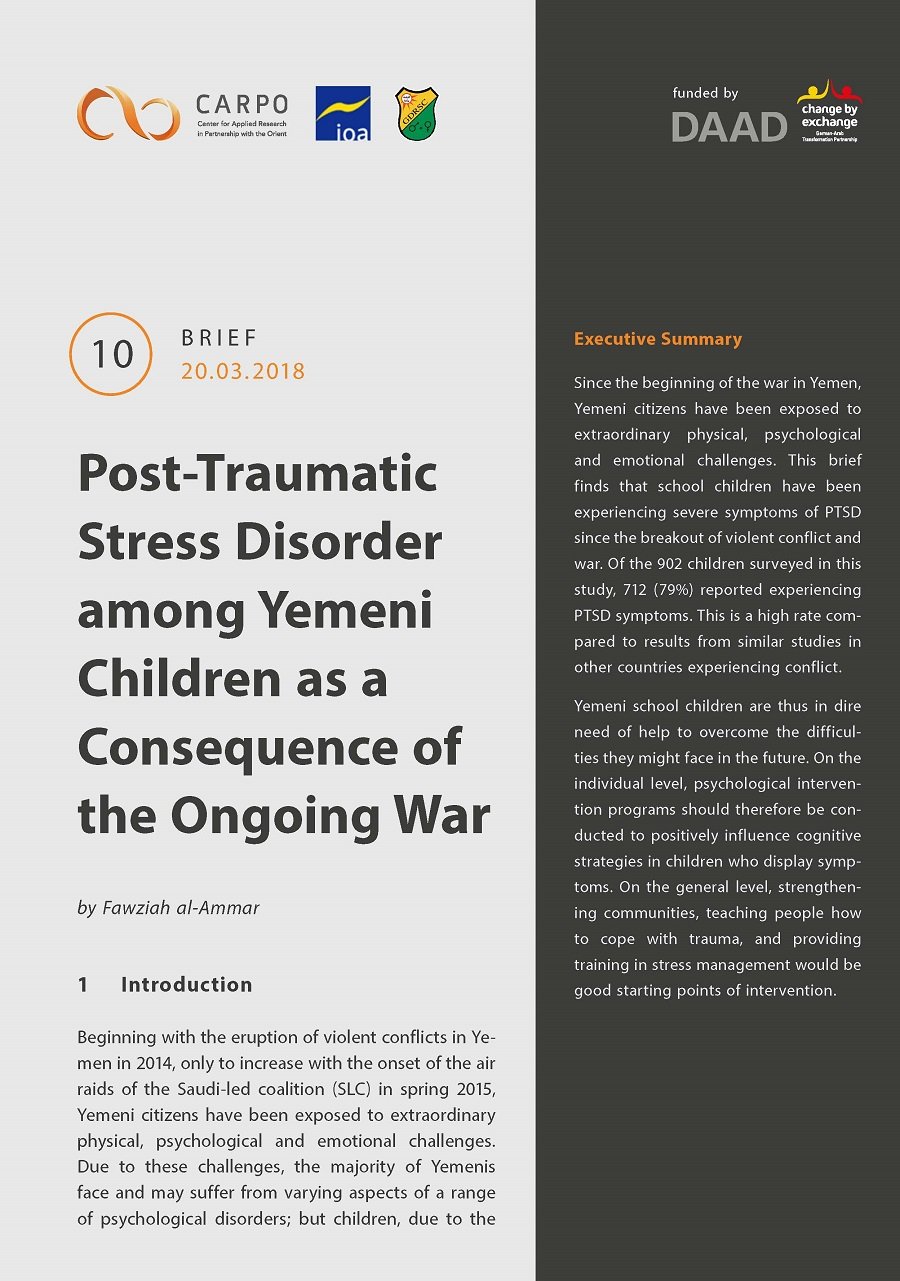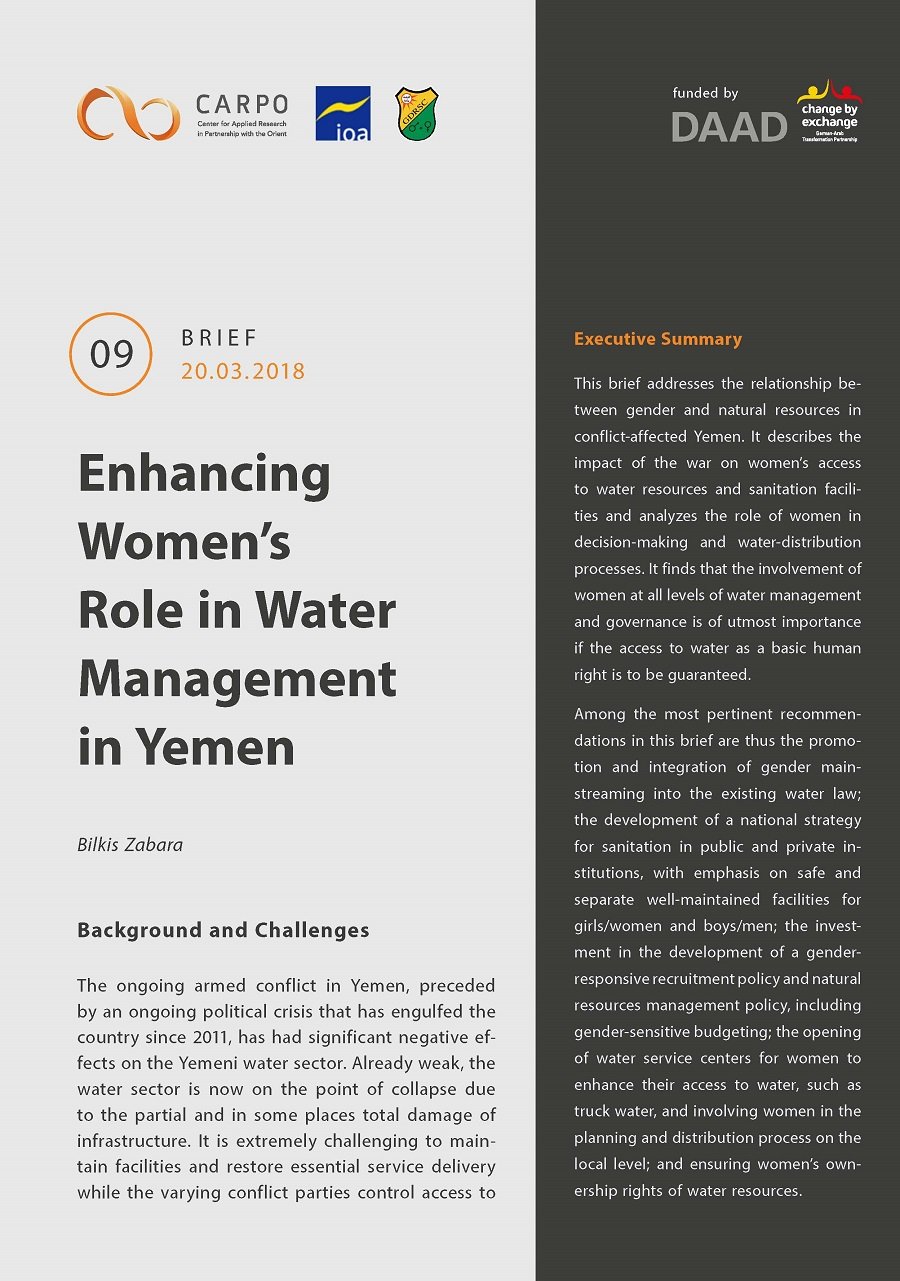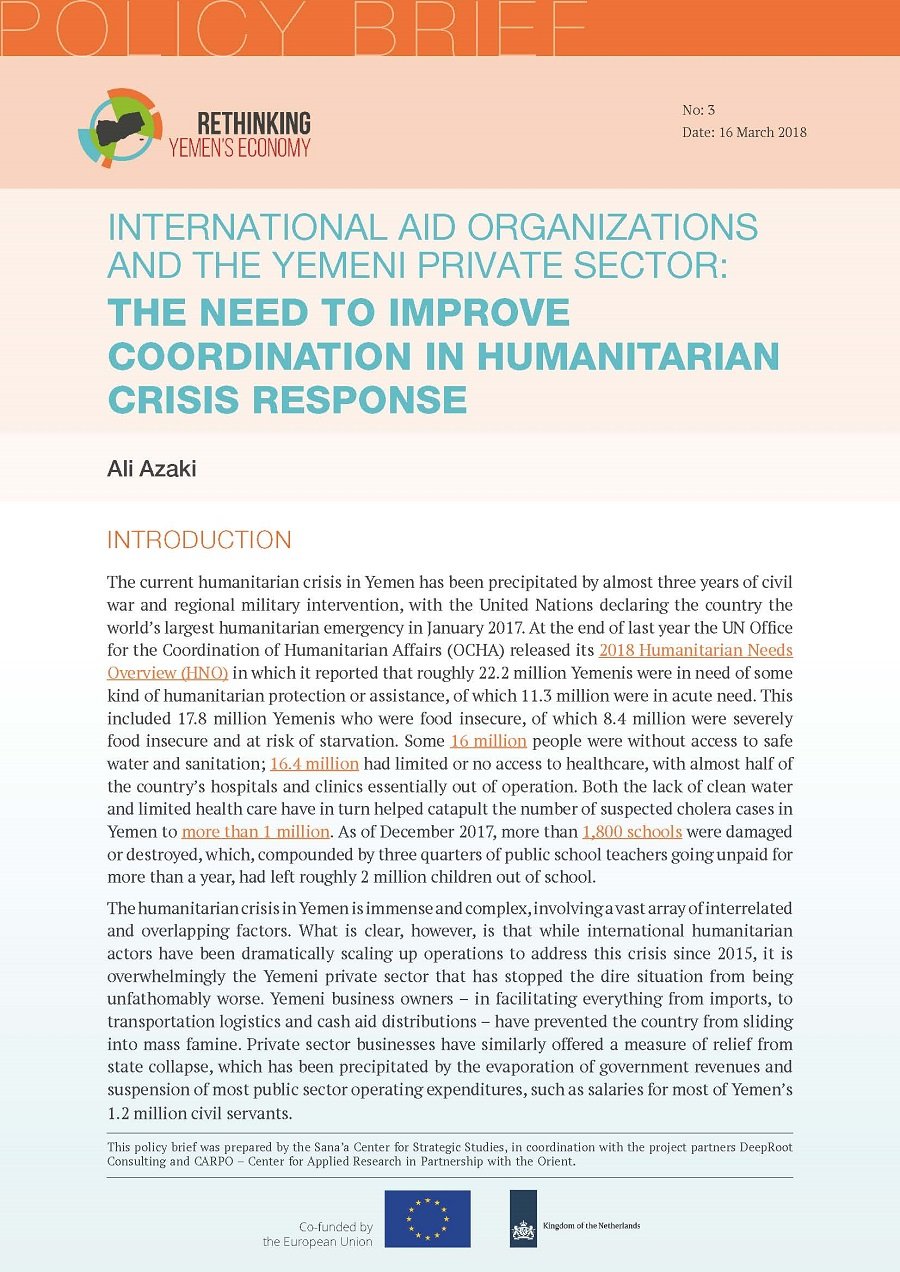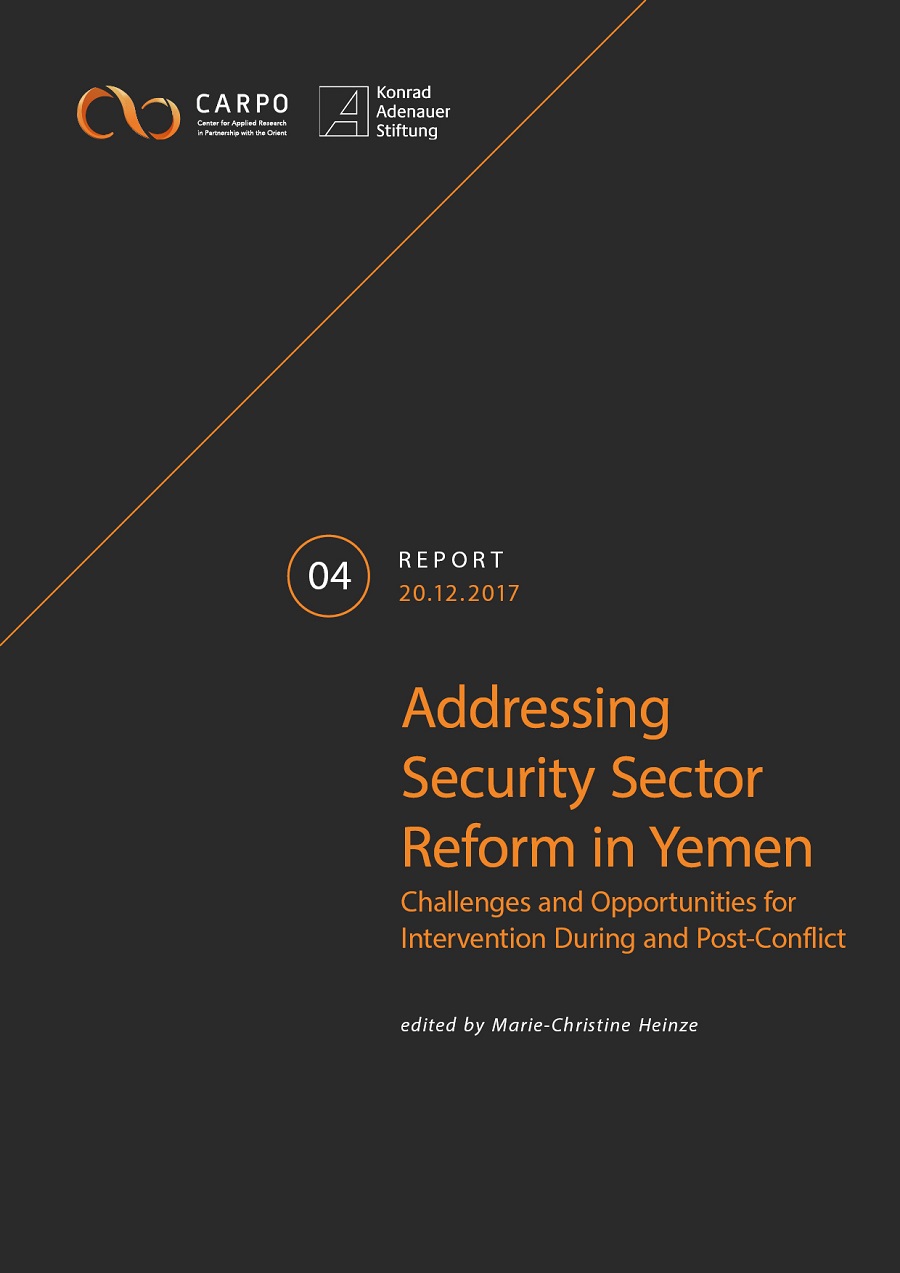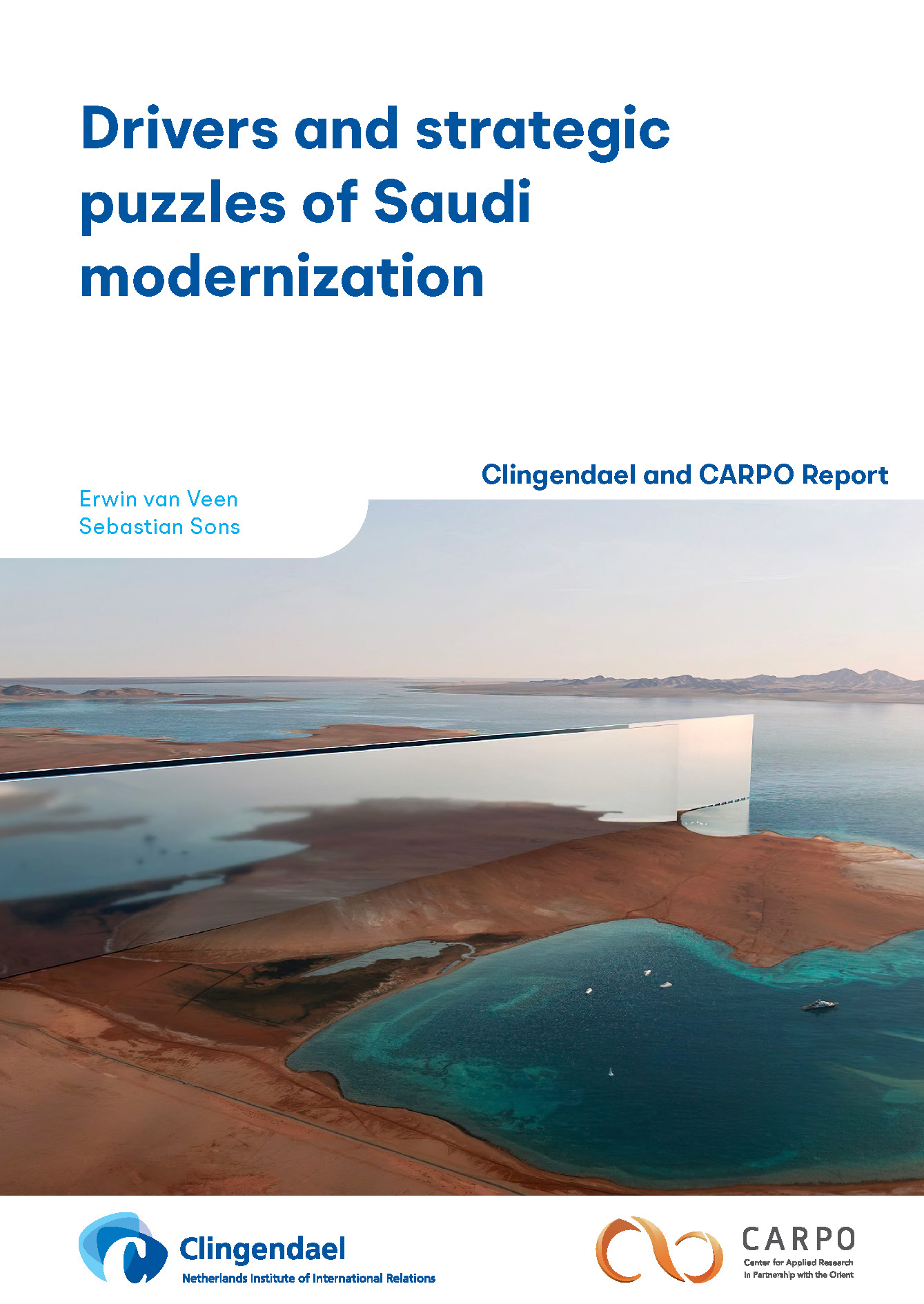
Drivers and strategic puzzles of Saudi modernization
In the Clingendael and CARPO report “Drivers and strategic puzzles of Saudi modernization“, the authors analyze the ongoing challenges and opportunities of Saudi Arabia’s current socio-economic transformation. The envisaged transformation is fully in line with the vested interests of the Saudi monarchy and much of the business elite, as well as some of the country’s younger generations. Despite promising potential for mid- and long-term progress in privatization, investments, job creation and social change, the modernization agenda’s lack of participatory governance modalities, insufficient attention to climate change mitigation and absence of a balanced strategy to promote regional stability represent serious medium-term challenges.
Download des Reports auf Englisch.
Erwin van Veen, Other, Sebastian Sons
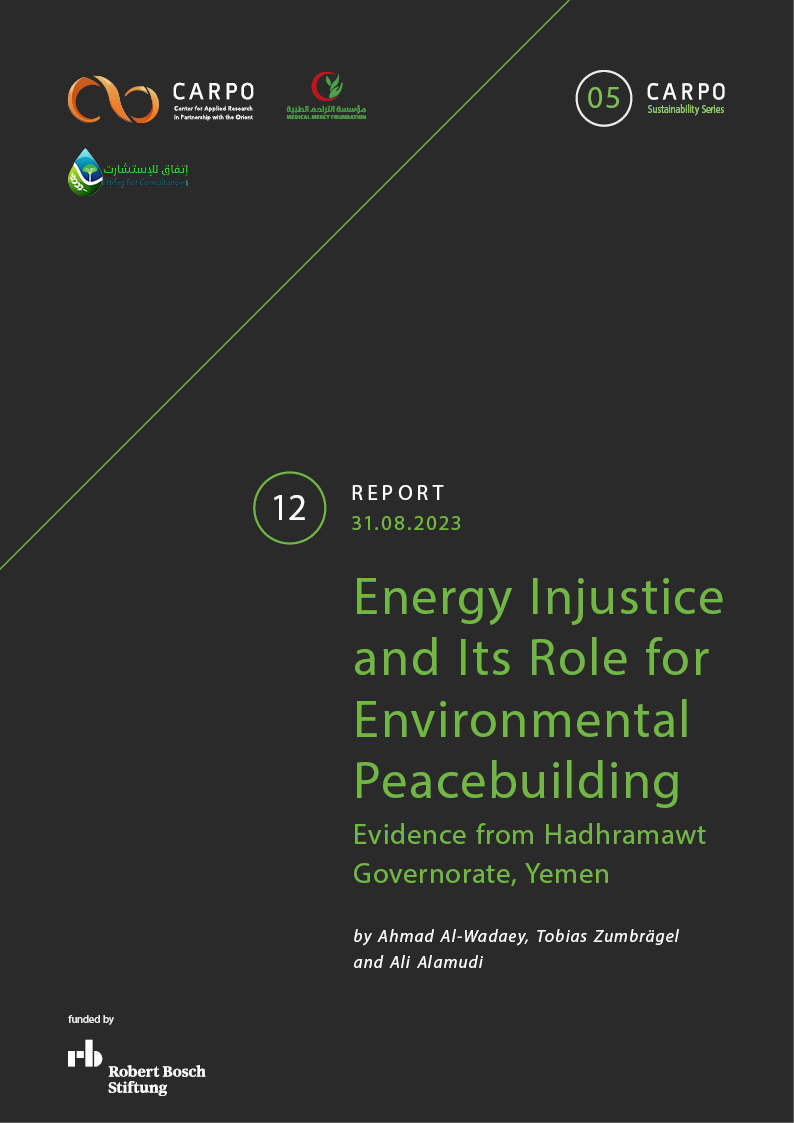
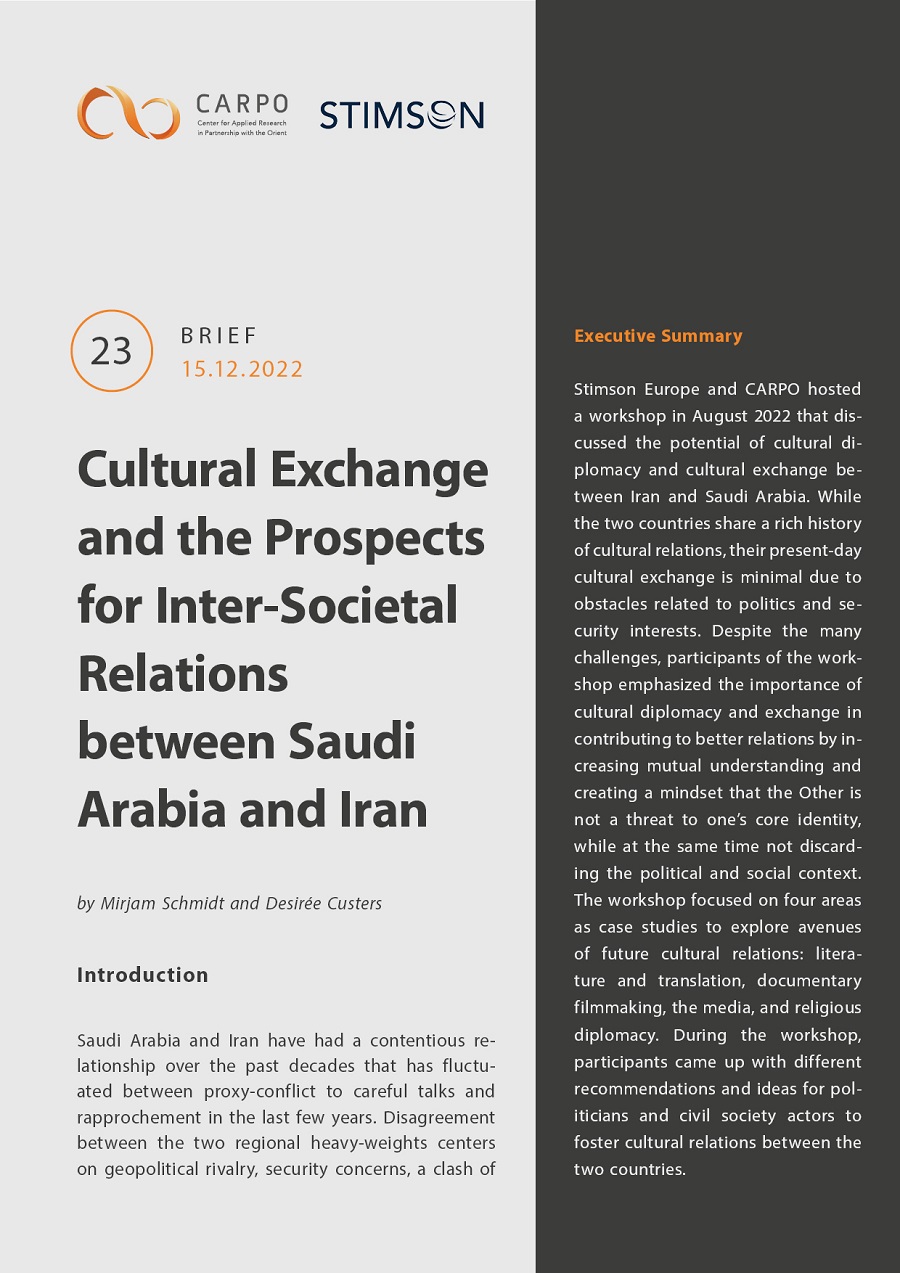
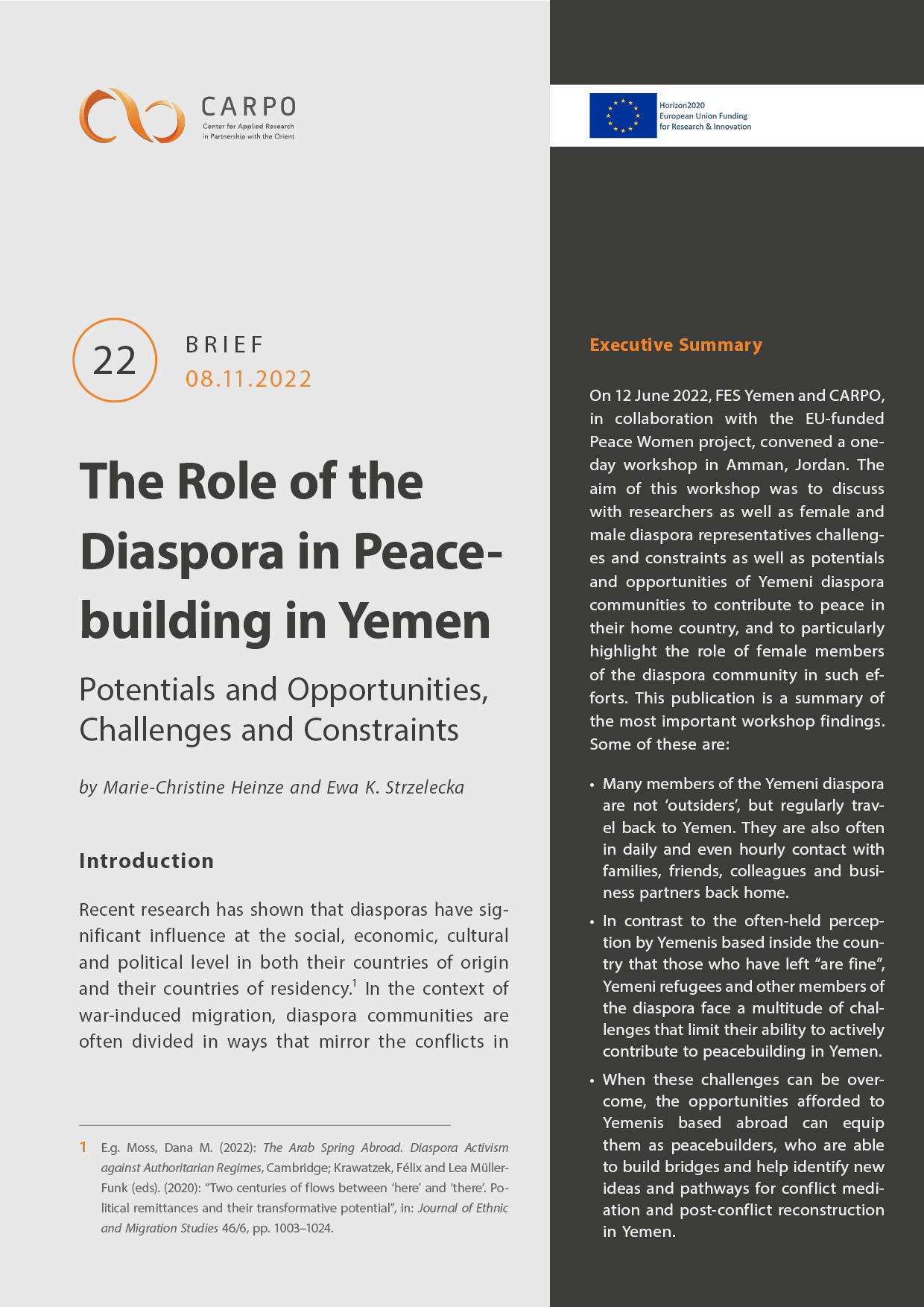

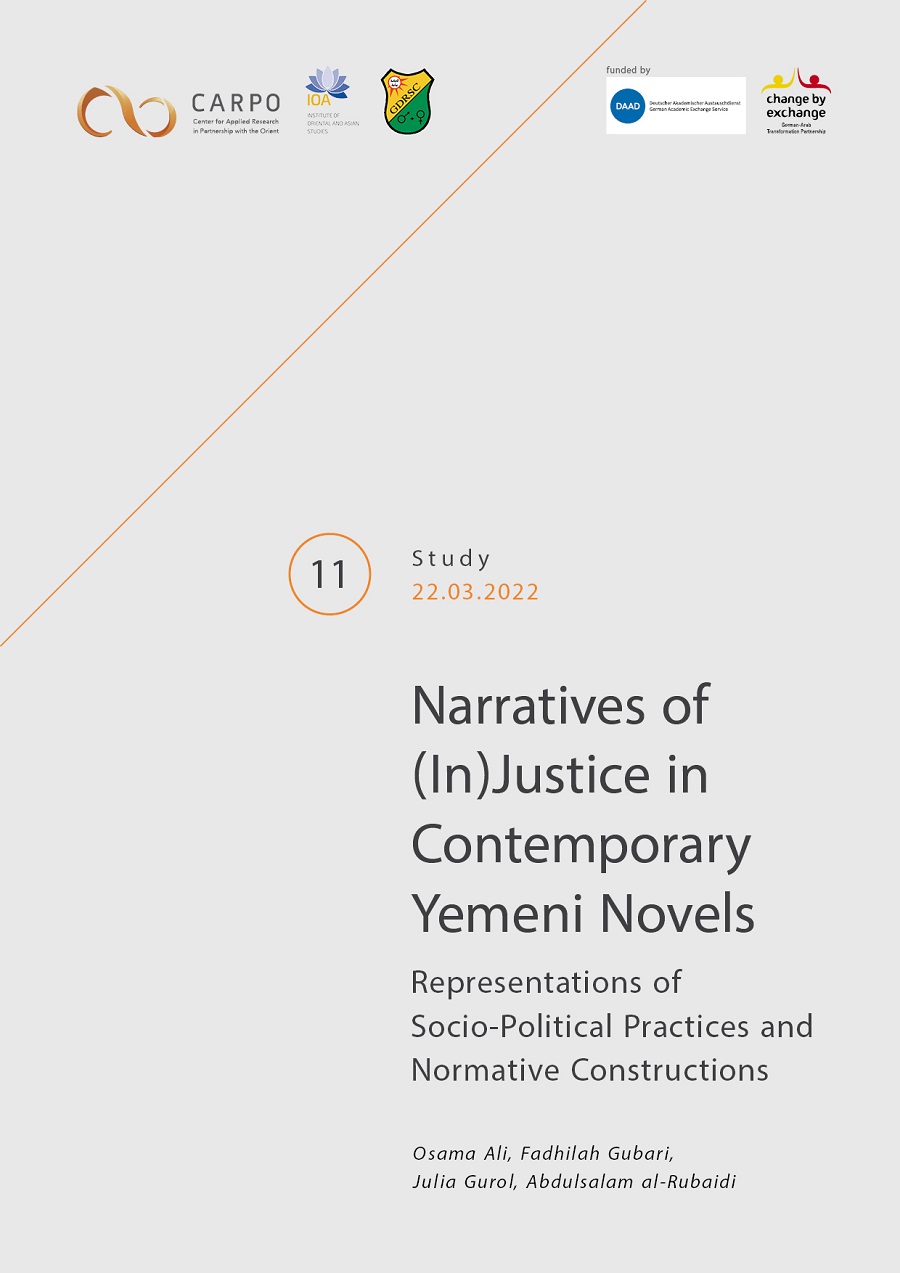
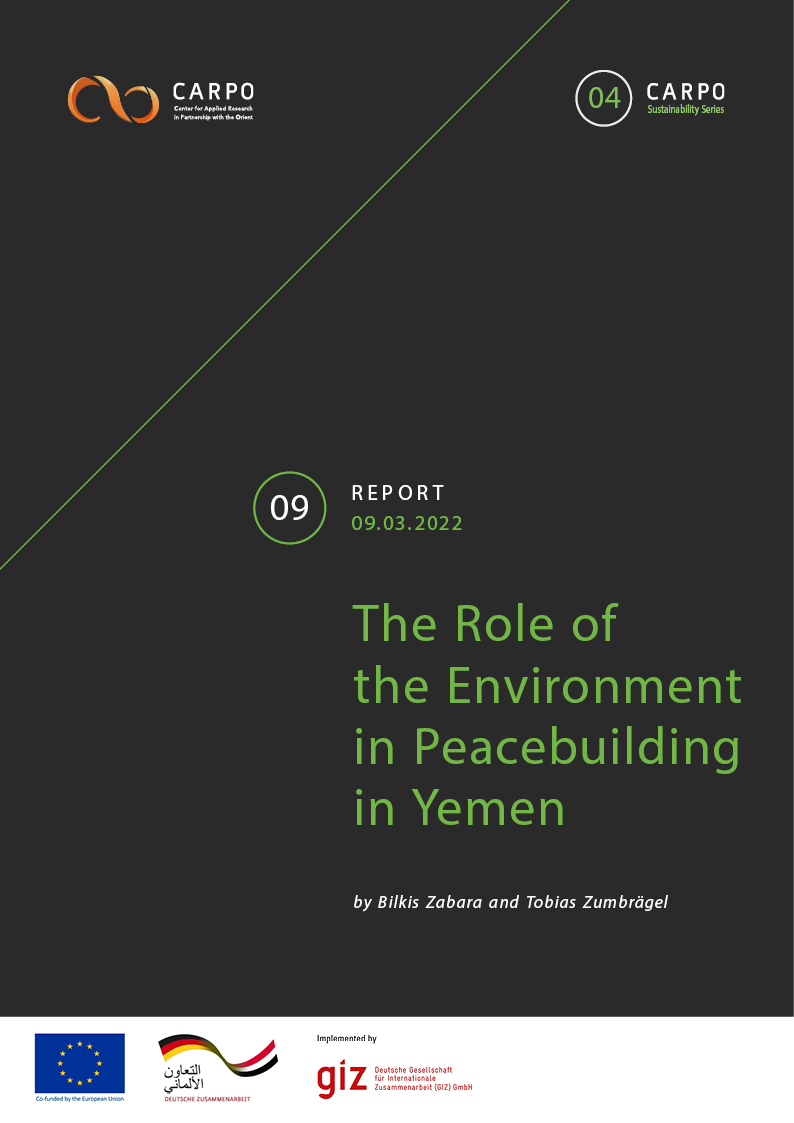
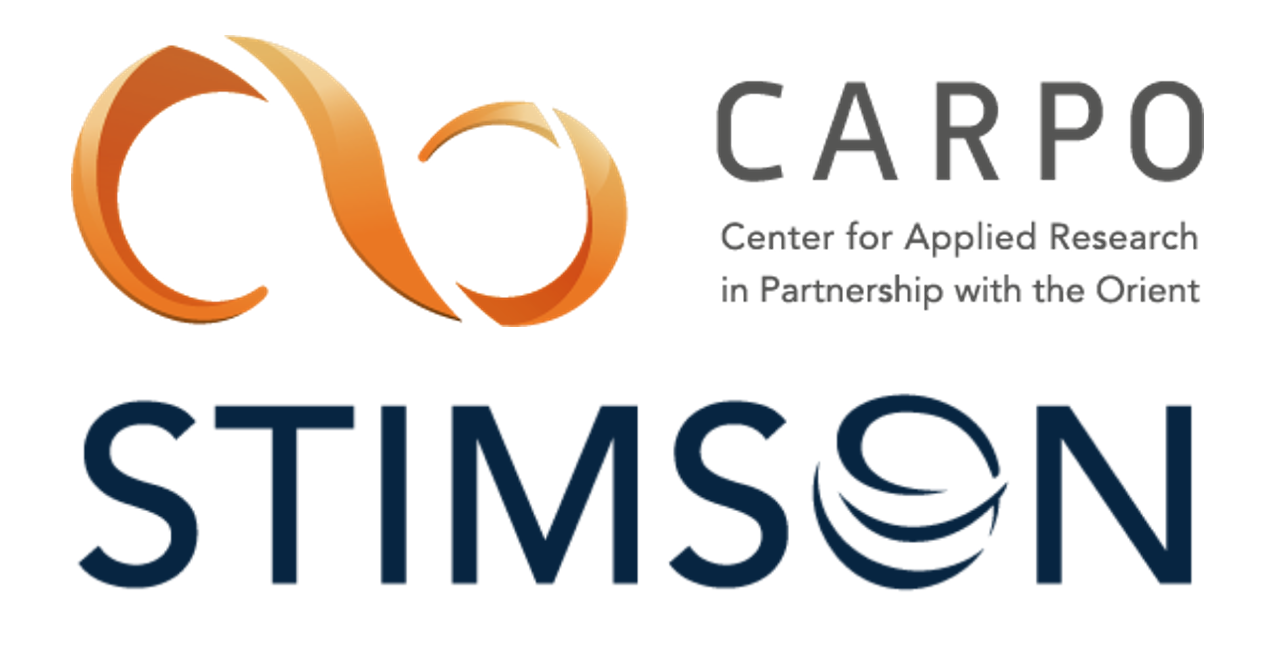
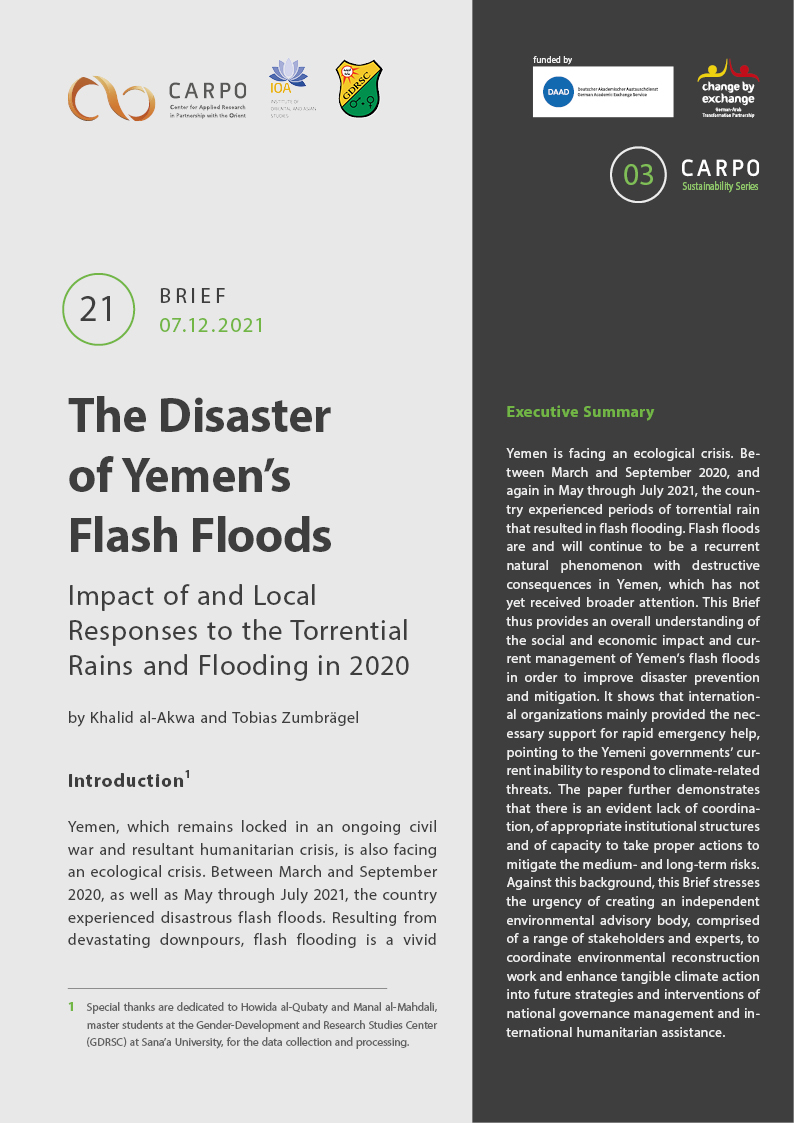
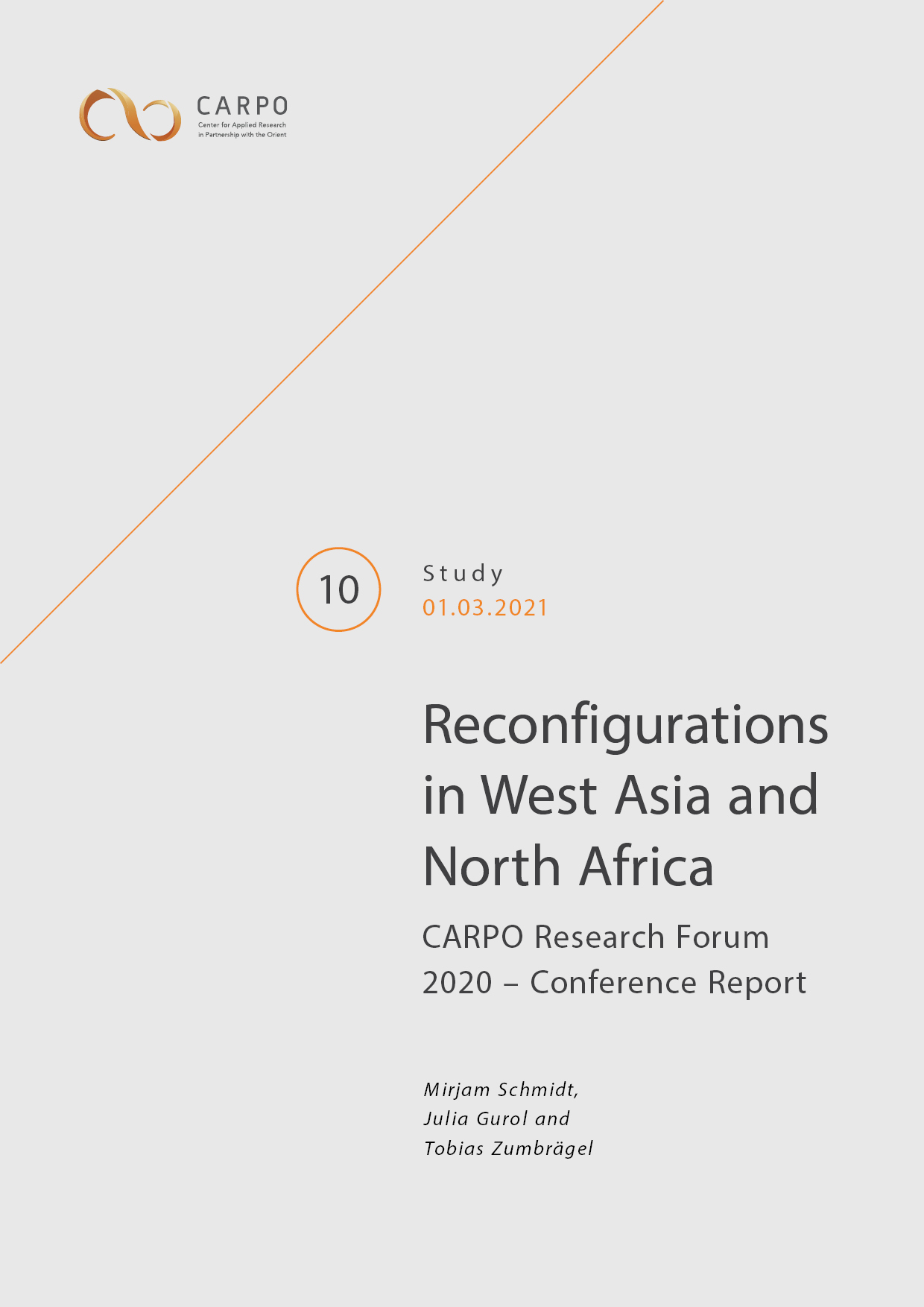

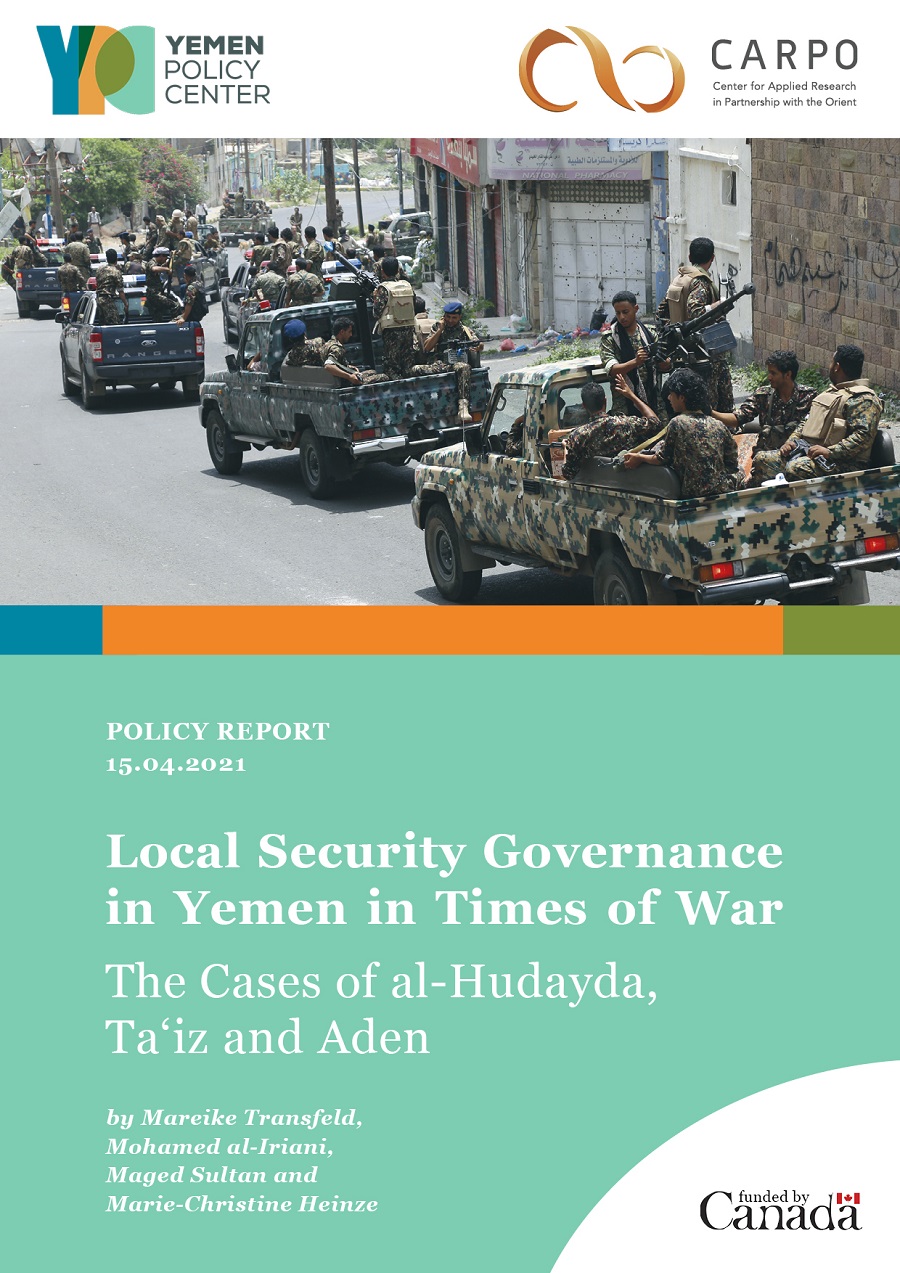
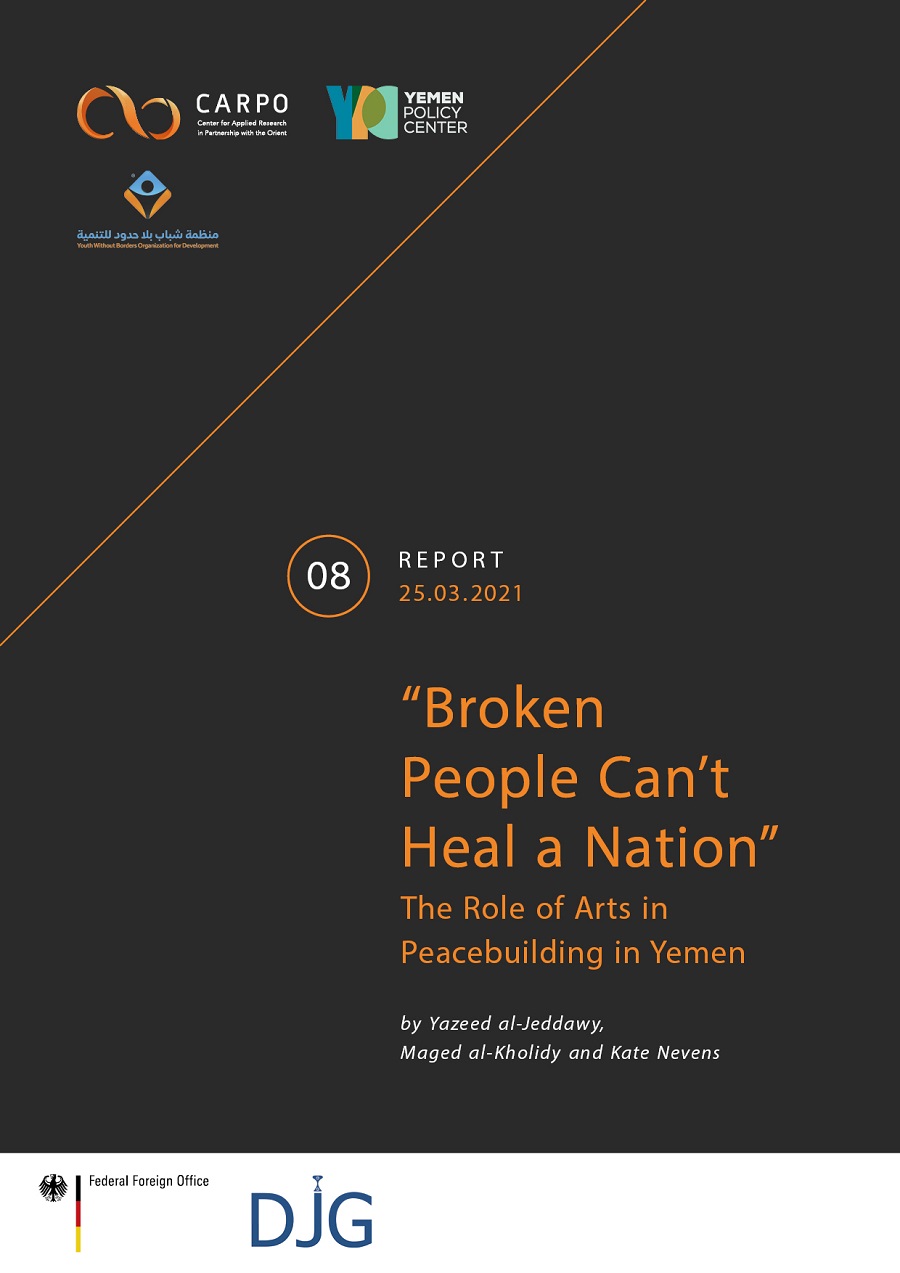
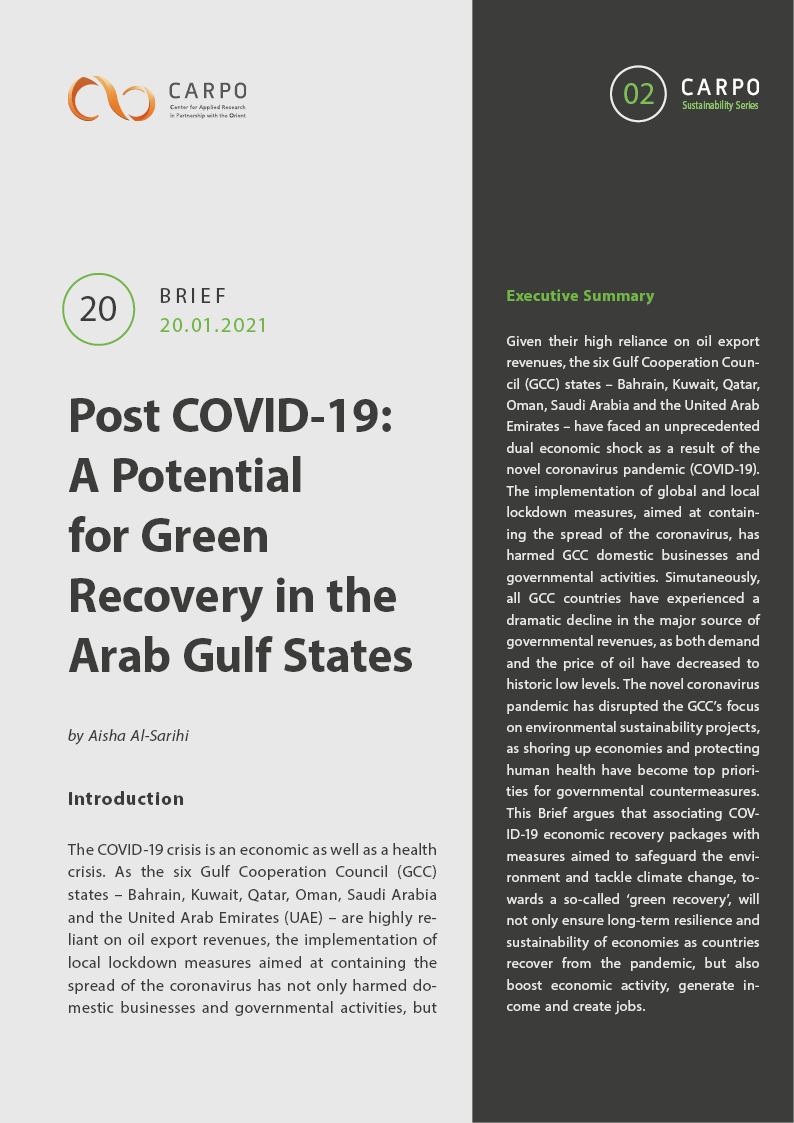
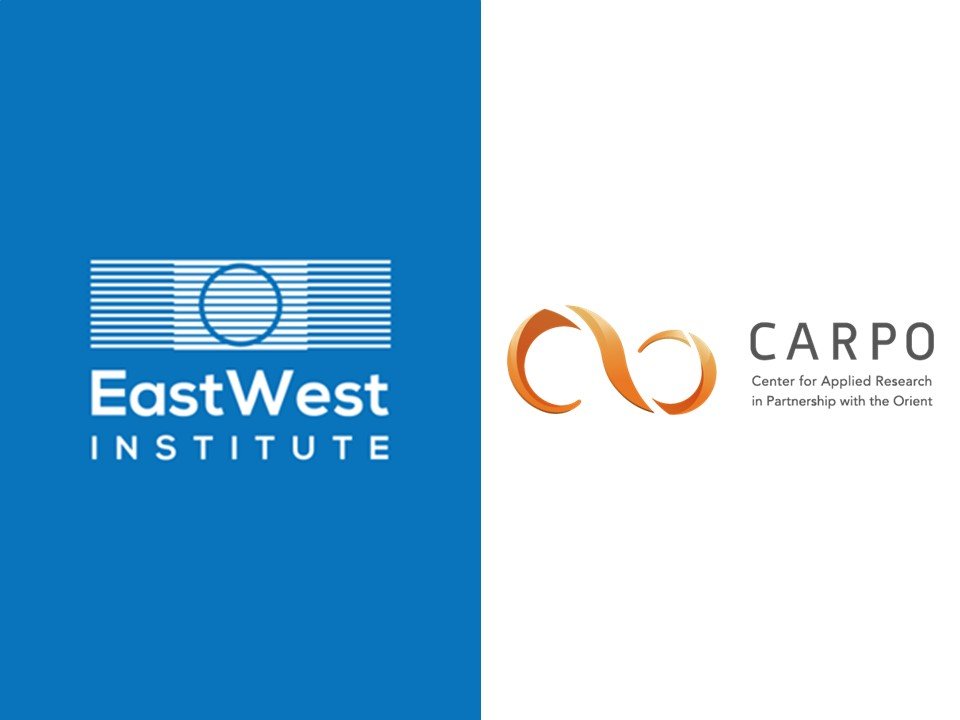
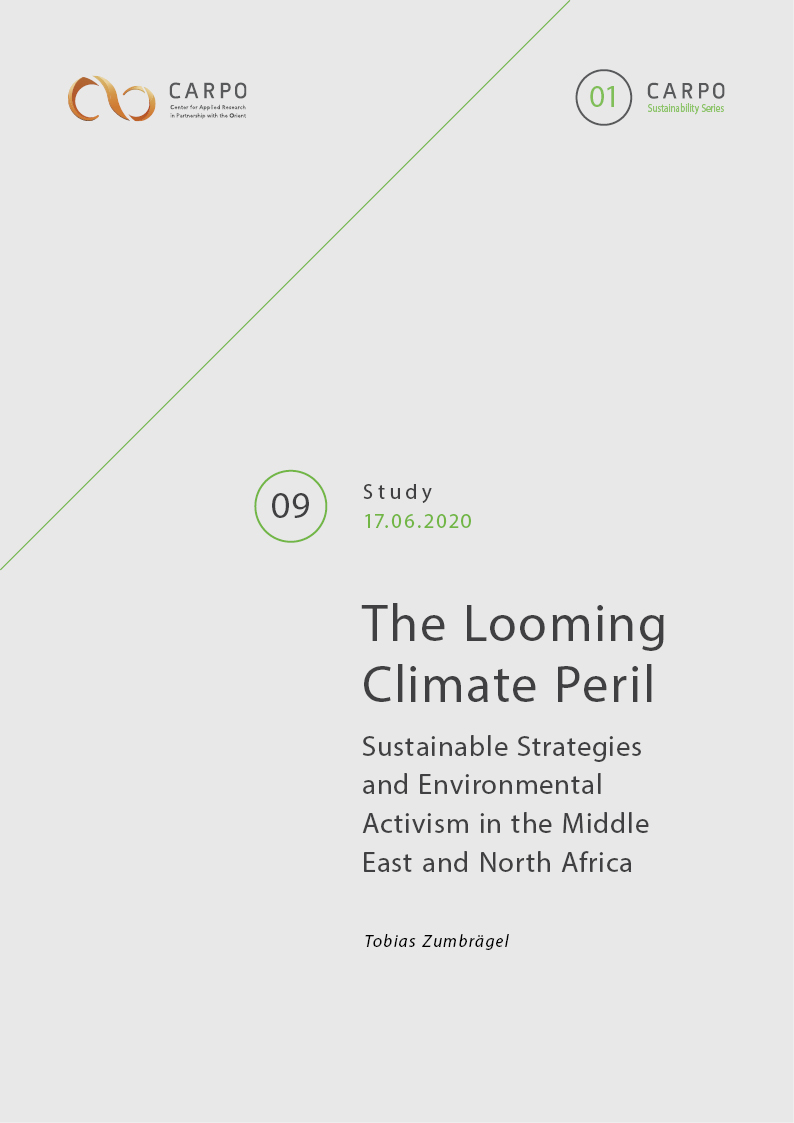




![China’s Strategy in the Persian Gulf. A Balancing Act between Riyadh and Tehran [in German]](https://carpo-bonn.org/wp-content/uploads/2020/04/15_carpo_brief_Cover_900.jpg)


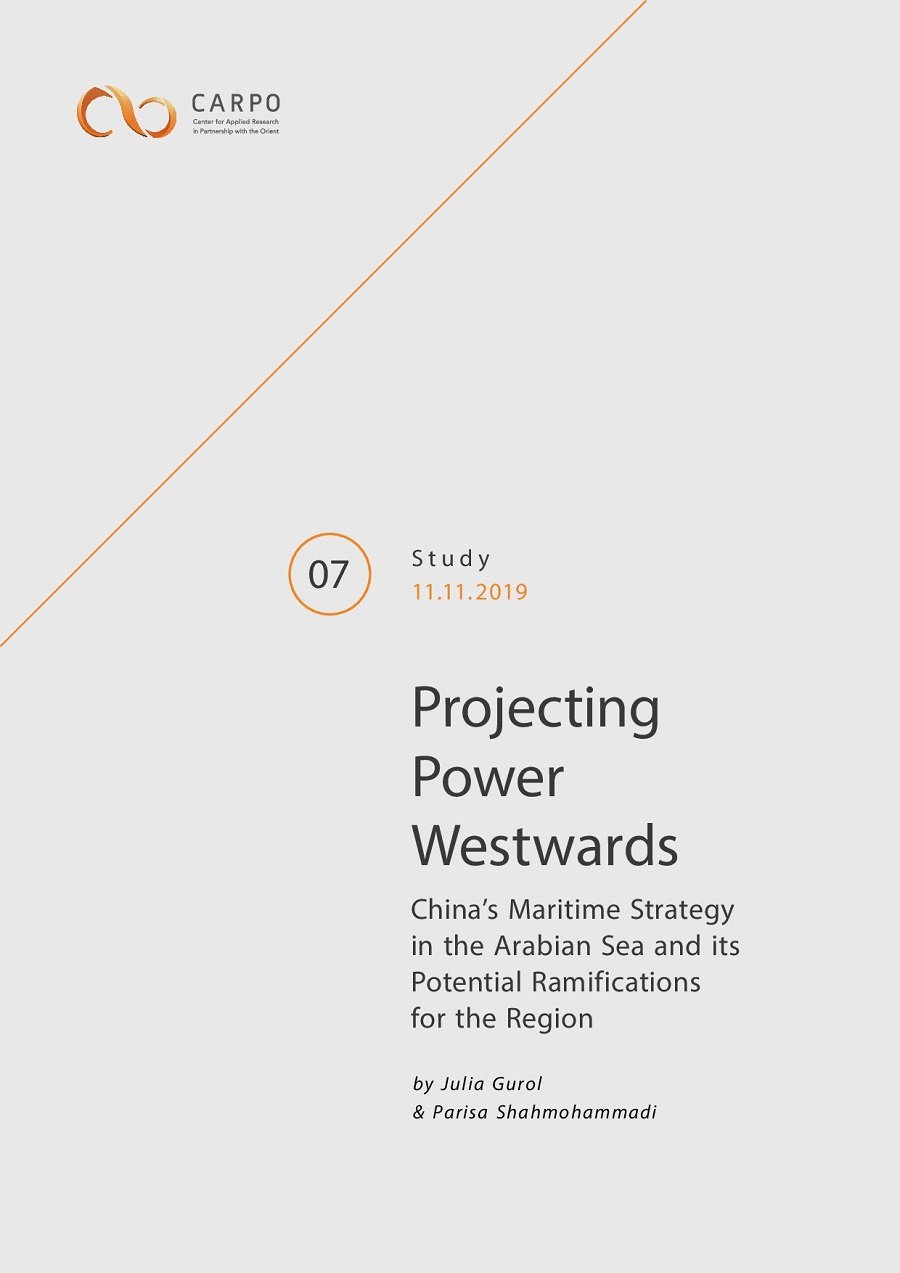
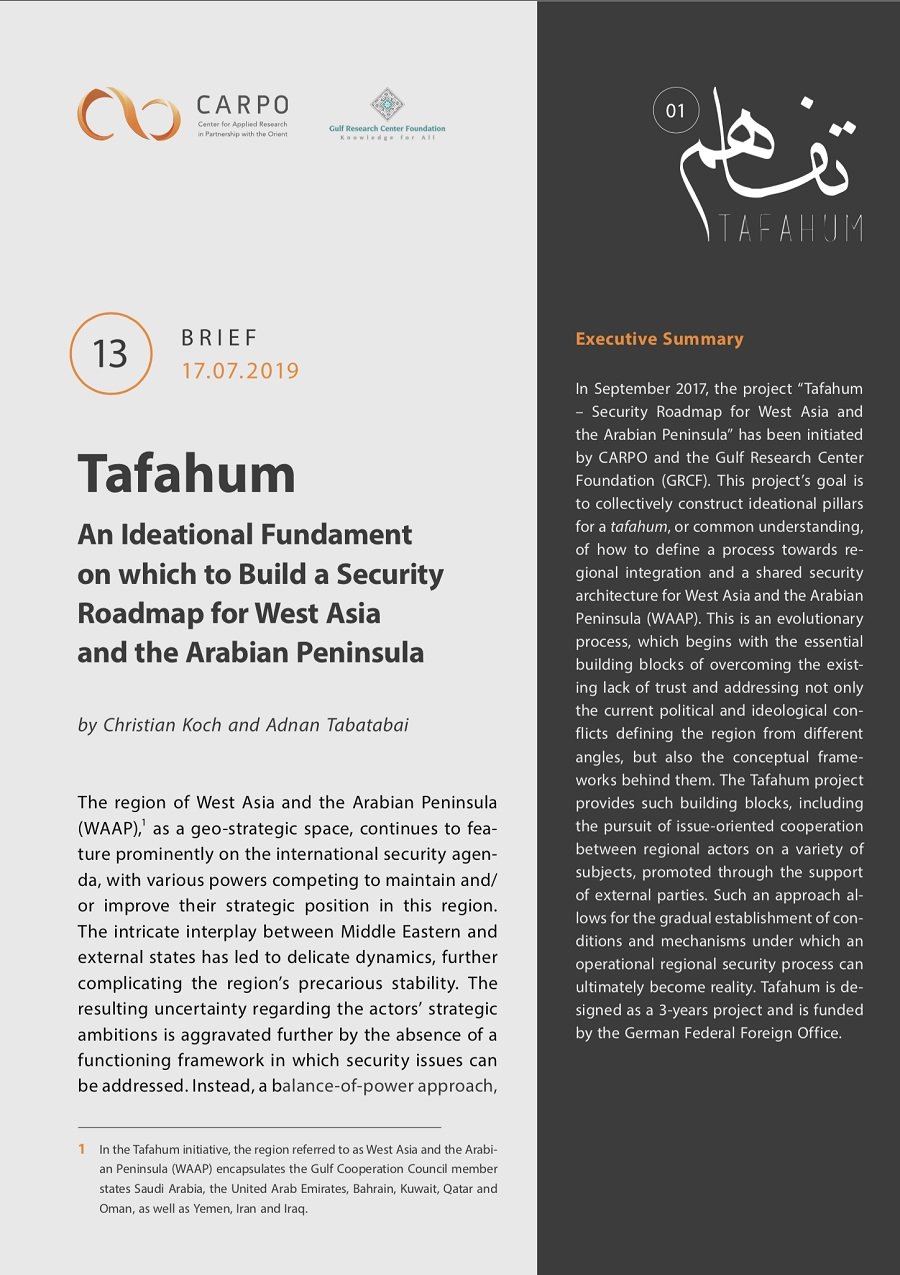

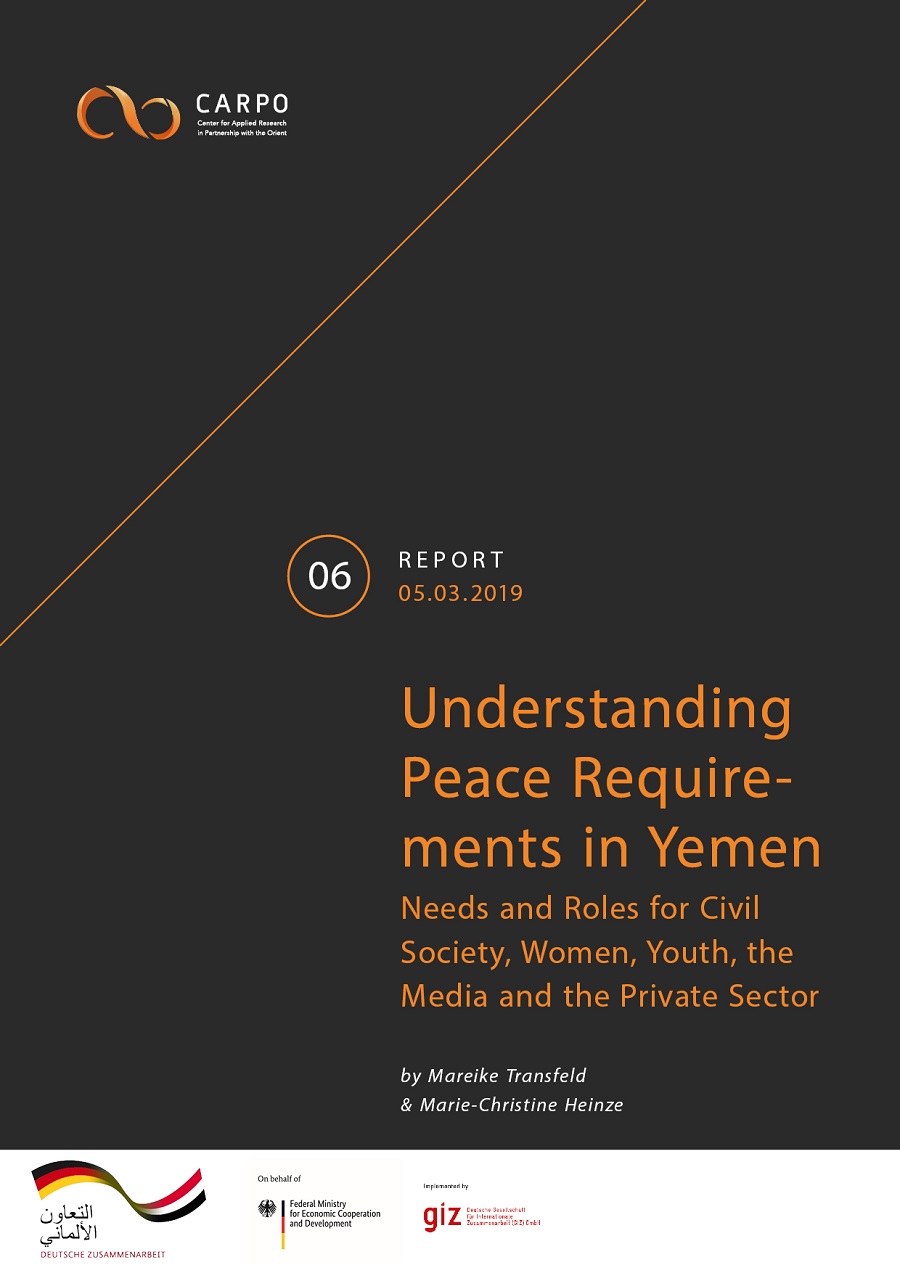
![Back to Crisis Mode. Iran’s Quest to Manage Internal Crises and External Pressures [in German]](https://carpo-bonn.org/wp-content/uploads/2022/01/carpo_policy_report_05_900.jpg)
